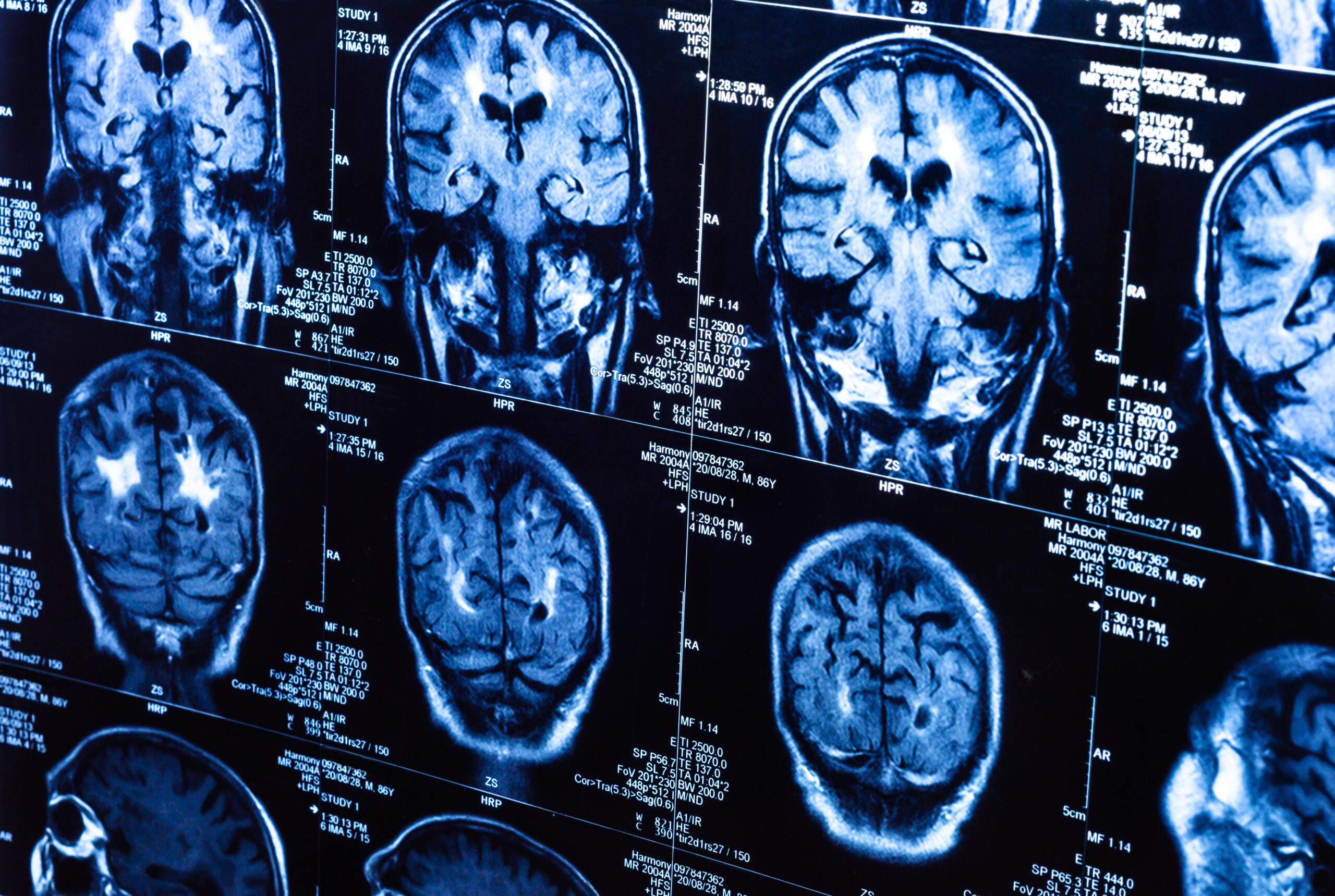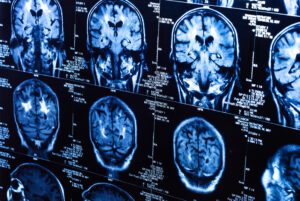Medical device and MedTech insights, news, tips and more
Concussions – Lasting Effects Even After You Feel Better
October 27, 2017

In Canada, many kids are on ice skates before they can walk. But they don’t get to start slamming into each other until they’re around 11 when they can sign up for full contact hockey. Unsurprisingly, that’s also the age when the baby Wayne Gretzky’s start getting their first concussions.
If they take a knock, the puck-hungry preteens are sidelined until they pass through a standard return-to-play protocol: after the initial symptoms subside, the recommended approach is for athletes to gradually ramp up activity, making sure headaches and dizziness don’t return at each step of the way. Once they pass through that incremental increase without issue, doctors will clear them to return to the rink.
But a new study shows that even when young hockey players who suffer concussions appear fully recovered, and doctors and trainers return them to the ice, scans still show abnormalities in the brain. The findings were published today in the journal Neurology and add to a growing number of studies showing that neurological changes linger even after clinical symptoms of a concussion clear up. Athletes may appear back to normal on a battery of cognitive and physical tests, but not on an MRI scan.
“The problem is those tests don’t seem to be very sensitive in the long run,” says study author Ravi Menon, director of the Centre for Functional and Metabolic Mapping at Western’s Robarts Research Institute in Ontario. “They return to normal quickly, but the MRI data shows the brain is still healing.”
Menon’s study followed a group of male hockey players, aged 11 to 14. Fourteen players suffered a concussion during the season and went through a functional MRI scan, cognitive, memory and balance test both one to three days after the injury and again three months later. Their tests were compared with those of 26 injury-free players, who served as controls.
On average, the injured kids took 24 days to return to play, and they were all back in the game by the time the three-month mark rolled around. At that point, they tested normally on the cognitive, memory and balance tests—but they still had changes to some structures in the brain and changes to the connectivity patterns between brain regions. The types of abnormalities are consistent with those seen in previous studies done in other, older populations, Menon says, but it’s a particular concern for young athletes, whose brains are still developing.
Source: Concussions make lasting changes to the brain, even after you feel fine | Popular Science

